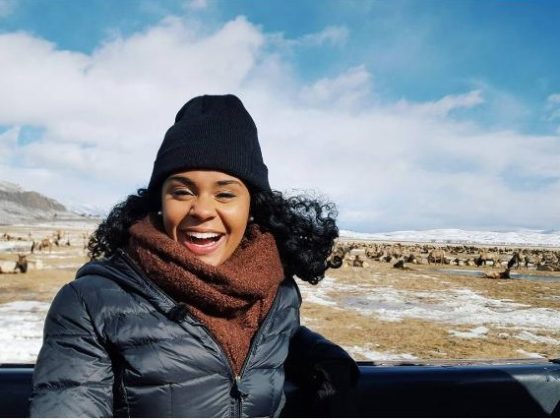I want to be very frank: I’m disappointed that in 2016, this topic is still relevant. It’s a shame to see that women of color like myself aren’t traveling more often, so much so that when looking at the landscape of travel bloggers and vloggers, I’m one of a handful, and because of that, I’m expected to speak on behalf of my entire kind; black women in general.
I want to express that my experience shouldn’t be symbolic of the entire demographic of black women, but that as a black woman, these are various things I’ve experienced, noticed, and would like to bring attention to.
